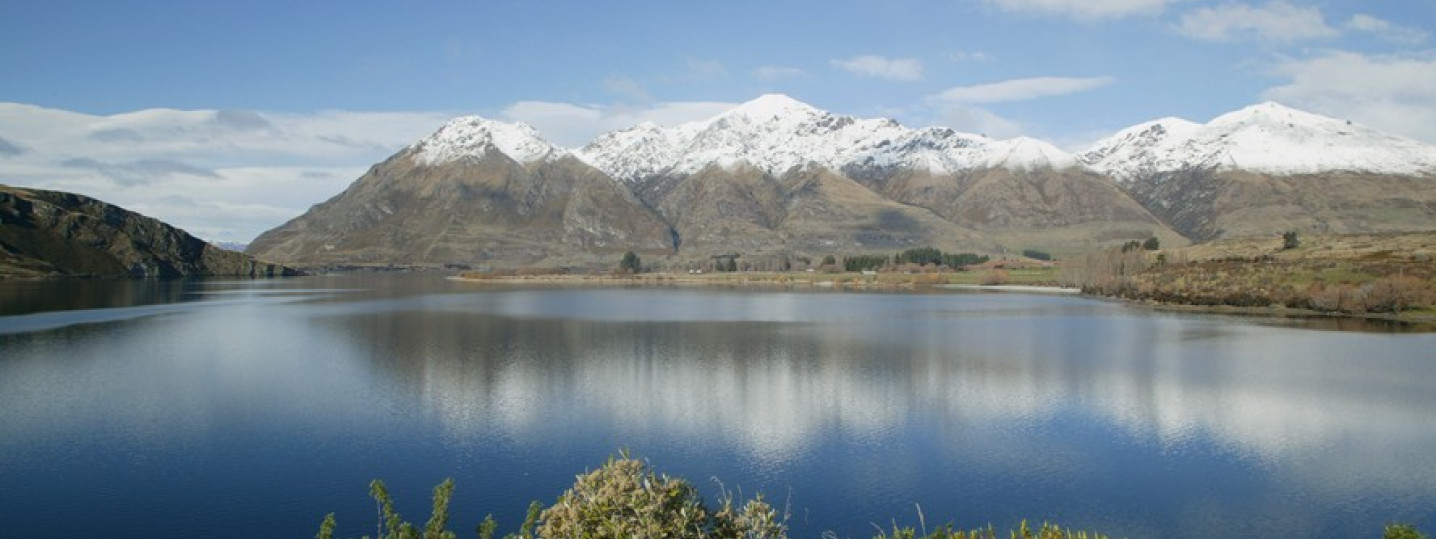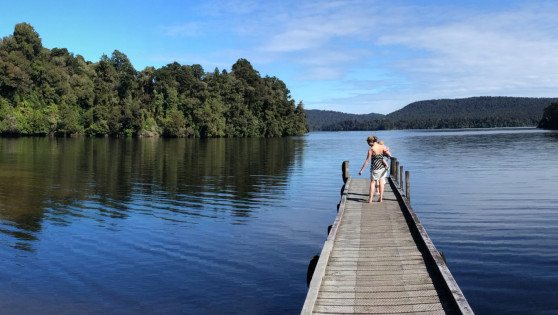
Aotearoa New Zealand climate projections
Climate change is already happening in New Zealand and around the world. In the future climate change is likely to have an even more significant impact on our environment, our way of life and how we make a living.
